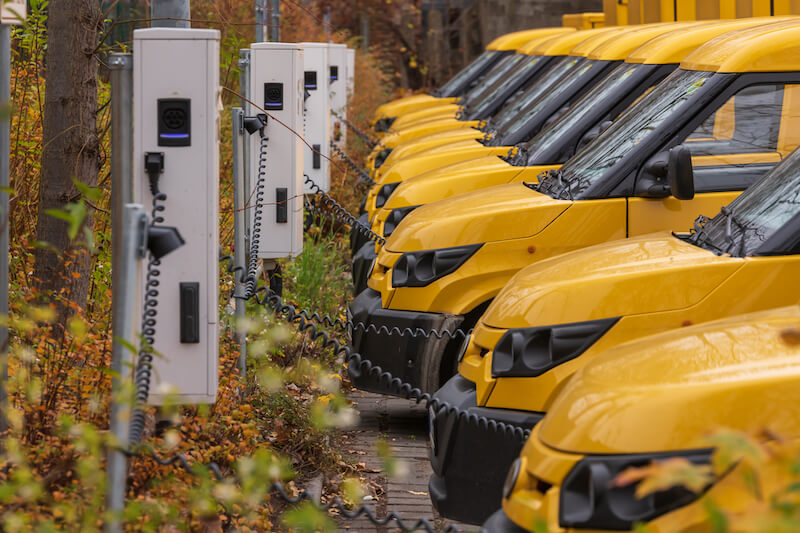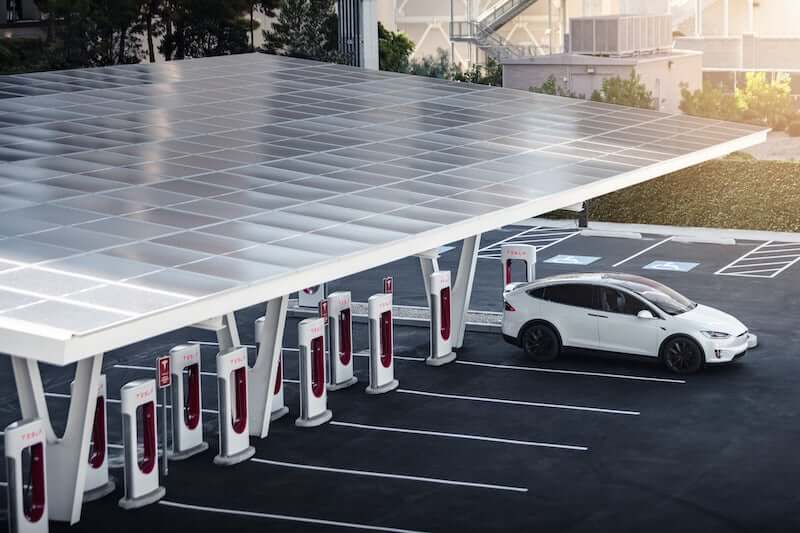There can be little doubt that electric vehicles have brought the greatest change in the automotive industry for more than a generation. The idea of electric vehicles is not new, but our understanding of the dangers presented by fossil fuels has brought electric vehicles into the headlines over recent years.

The concern for our impact on the environment is leading manufacturers and governments worldwide to make commitments. We are being encouraged to reduce and eventually eliminate our need for fossil fuels, and electric vehicles will play a large role in achieving this.
The challenge faced by those promoting change to electric power is that gasoline is too convenient. Fossil fuels are so useful for vehicles because they provide a high energy density, which means that they can deliver a lot of energy from a relatively small volume and weight. In addition, the infrastructure that has developed during a century of car use means that refilling with gasoline is quick and convenient. With gas stations every few miles, and cars that can reach 400 miles on a single tank, drivers need not be concerned about their vehicle reaching its destination.
To encourage widespread adoption by everyday drivers, the manufacturers need to make electric vehicles that are as convenient and simple to use as traditionally-powered cars. This will require infrastructure that is dedicated to vehicle charging, and as common as the conventional gas station.
The Challenge of Charging
Many users will charge their vehicles whilst they are parked at home or at work. This will require a massive investment in kerbside equipment, with every home and every parking lot equipped to charge electric vehicles. Although connected to the household electricity supply, the sophistication and energy required by these charging stations will need dedicated systems to control them. The potential volume of these stations is huge with millions needed in every city. They need to be safe and effective charging whilst also being cost-effective enough to encourage drivers and employers to adopt them.
A different challenge comes from the need to charge vehicles during longer journeys. The manufacturers of today’s highest-performing electric vehicles are suggesting that they can reach between 200 and 300 miles. For longer journeys, solutions need to be found that will not cause huge delays. Currently, a gas-powered vehicle can have its tank refilled in just a few minutes, allowing the driver to continue their trip rapidly.
In contrast, charging the same vehicle from a domestic outlet will take hours. This is clearly impractical for long trips, especially in rural areas with long distances between neighboring towns. Some manufacturers are creating networks of dedicated charging stations, capable of providing an electric car with 200 miles’ worth of power in just 15 minutes. These need to become as common as gas stations.

Image: Tesla
Creating the Infrastructure for Electric Vehicles
If this level of convenience becomes a reality, the final barrier to the adoption of electric vehicles can be overcome. If using an electric vehicle becomes as easy as gas, then their true benefits – low operating cost, reduced environmental impact and greater reliability – will become overwhelming. We will be well on our way to creating a better environment for the future.
Samtec connectivity is at the heart of the latest electric vehicle charging infrastructure. The integration of power into high-speed onboard systems has created the demand for reliable, high-performance connectors that can monitor charging conditions and power supplies.
Samtec is IATF 16949, ISO 14001 and ISO 9001 certified, and offers a range of products that are suitable for both in-car and kerbside charging systems. Our commitment to manufacturing products for the challenging automotive industry can be seen in the Severe Environment Testing (SET) and Extended Life Product initiatives, which ensure that Samtec connectors deliver the reliability that matches their performance.
Visit our automotive applications page to see how Samtec is helping to make electric vehicles the real-world solution we need to help protect our environment.


Leave a Reply